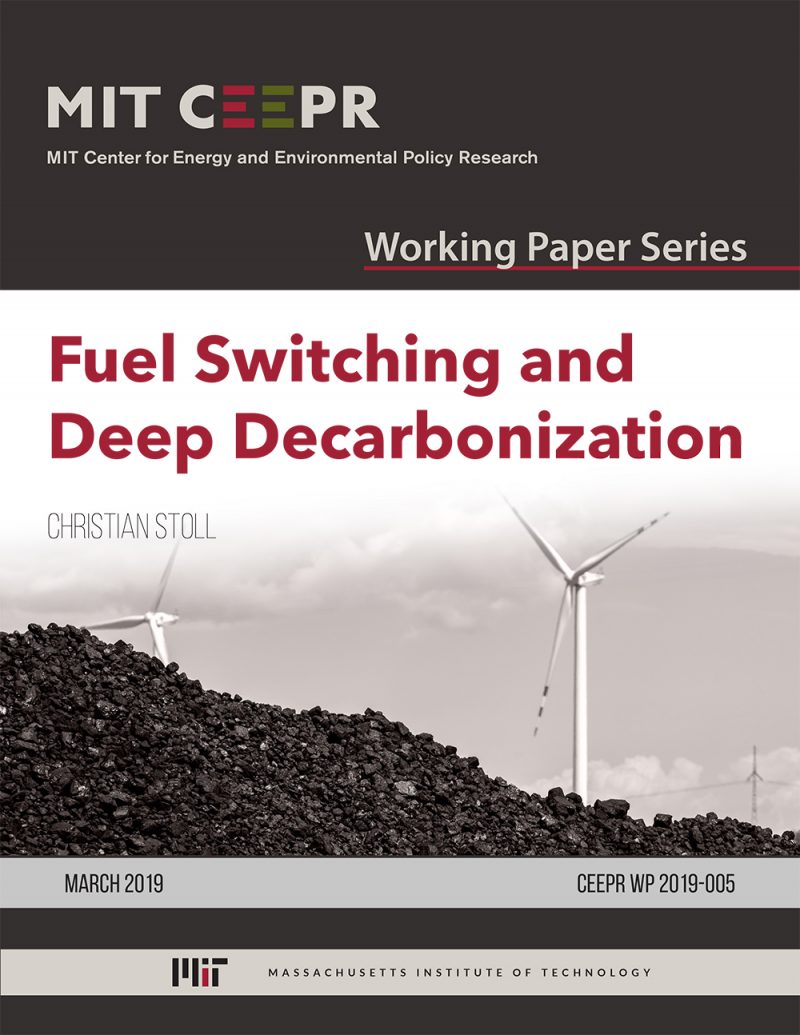Fuel-switching and Deep Decarbonization
Christian Stoll
March 2019
Fuel-switching is inevitable to achieve deep decarbonization. Humanity has used approximately two-thirds of the carbon budget compatible with the goal to limit global warming to 2 °C. This has, inter alia, contributed to growing opposition against the use of coal, prompting an increasing number of countries to announce coal phase-out mandates in the power sector. Advocates of coal phase-outs highlight the expected climate benefits of fuel-switching from coal to gas. However, a narrow focus on coal and gas ignores advancements in low-carbon technologies. I present a simple model to find the least-cost approach to achieve committed climate targets, through fuel-switching in the power sector. A case-study, drawing on the example of Germany, reveals counter-intuitive results that go against conventional assumptions about the role of coal. The findings suggest that, when accounting for stranded assets, a decarbonization pathway that is based on gradual transition to renewable energy and initially retains coal generating assets turns out to be less expensive than a strict coal phase-out.
Keywords: Fuel-switching, deep decarbonization, stranded assets, coal phase-out



